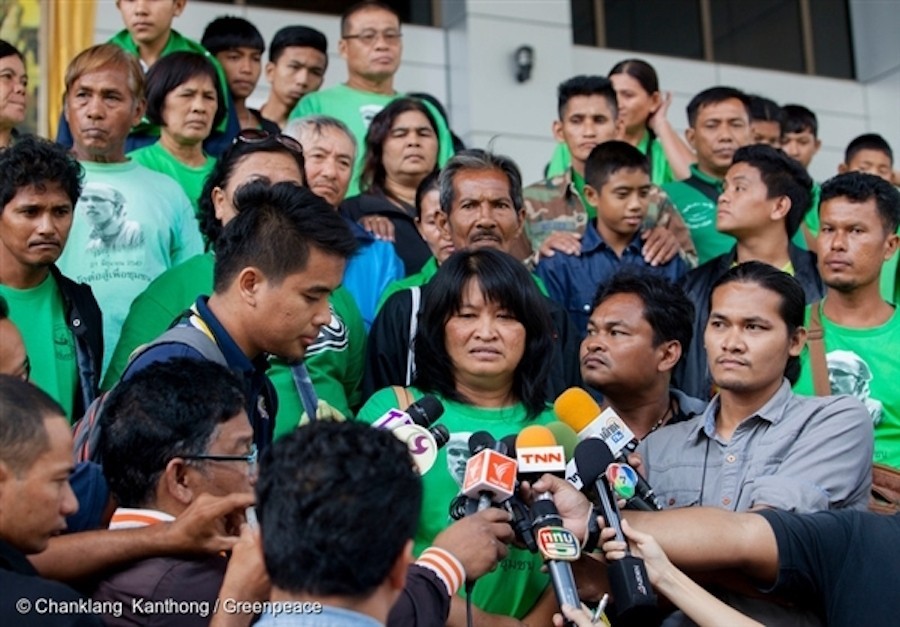USAID-supported Mekong Partnership for the Environment (MPE) led two expert sessions on water governance issues at the “2016 Greater Mekong Forum on Water, Food, and Energy” in Bangkok, 9-11 November 2016.
The first MPE-facilitated session was “Can media make a difference? The missing pillar in water governance in the Greater Mekong.” Facilitated by Internews’ Adam Hunt, who leads MPE’s access to information work and its Mekong Matters Journalism Network, the session featured a panel discussion with journalists from The Nation and Myanmar Eleven, the moderator of the discussion group LaoFab, and a data specialist from MPE-supported Open Development Mekong.
Panelists discussed the risks of working in restricted environments, and the challenges in coaxing editors to cover more environmental news. After the panel discussion, about 60 session participants analyzed a case study, making recommendations on how to better cover water governance issues from media, data, and outreach/activism perspectives.
Among the recommendations, was for civil society and researchers to better package their information, and nurture relationships with journalists, and for journalists to better consider the impacts of their stories on vulnerable communities.
The second MPE-run session examined “The Art of Consultation,” which focused on how to best ensure affected communities are involved in water governance and other decisions. Around 80 participants shared ideas about the challenges and complexities of public participation in its aim to achieve transparent and informed decisions around infrastructure development.
The session featured a facilitated discussion among the CEO for the Mekong River Commission Pham Tuan Phan, a Bangkok-based stakeholder engagement specialist from ERM, and the Executive Director of the local Cambodian NGO Development and Partnership in Action (DPA).
The session ended with a mini-workshop, where participants developed recommendations to address the challenges of effective public participation, urging all parties to consider timing, ensure understanding of the cultures involved, and make sure key and diverse stakeholders are involved in the planning process from the very beginning.
The session builds on MPE’s work region-wide, bringing together government, civil society and business to improve public engagement in development projects such as dams, industry and power plants. MPE has been supporting a diverse group of experts to develop Regional Guidelines on Public Participation in Environmental Impact Assessment, which will be finalised in early 2017.
The Forum, organised by CGIAR Research Program on Water, Land and Ecosystems and partners, brought together hundreds of the region’s key researchers, NGOs, business-people and others to find common solutions for water governance challenges.
This is an outreach announcement from the USAID–funded Mekong Partnership for the Environment (MPE), a key supporter of The Mekong Eye.
Lead photo: Adam Hunt; Media and Communications Director for MPE facilitated expert session on Public Participation, Media and Water Governance at 2016 Greater Mekong Forum on Water, Food, and Energy (Photo: MPE)





